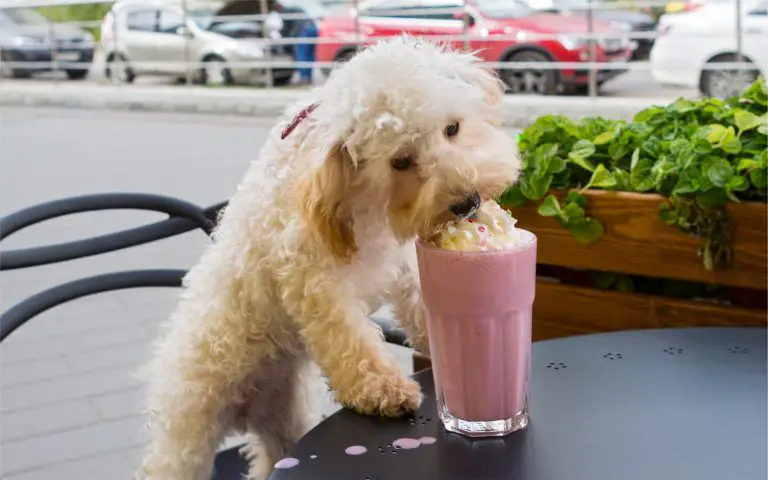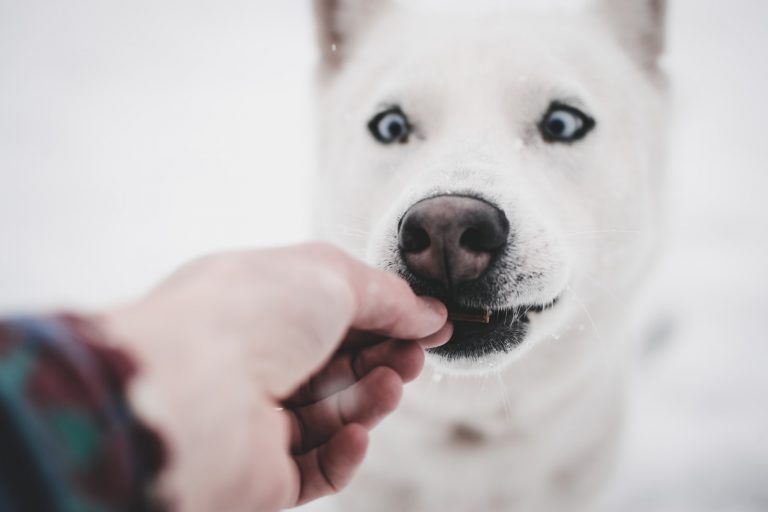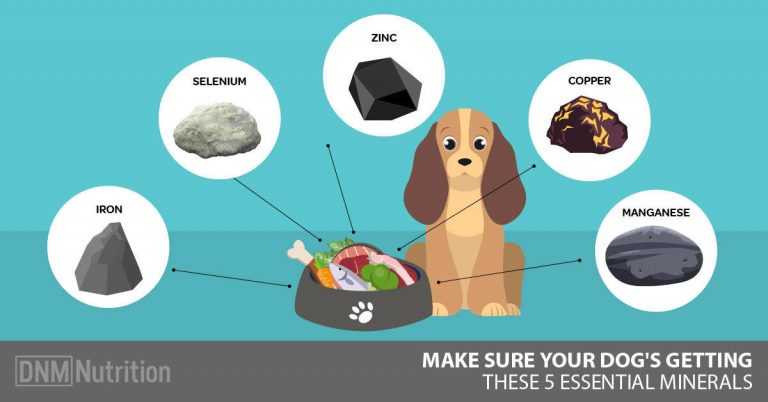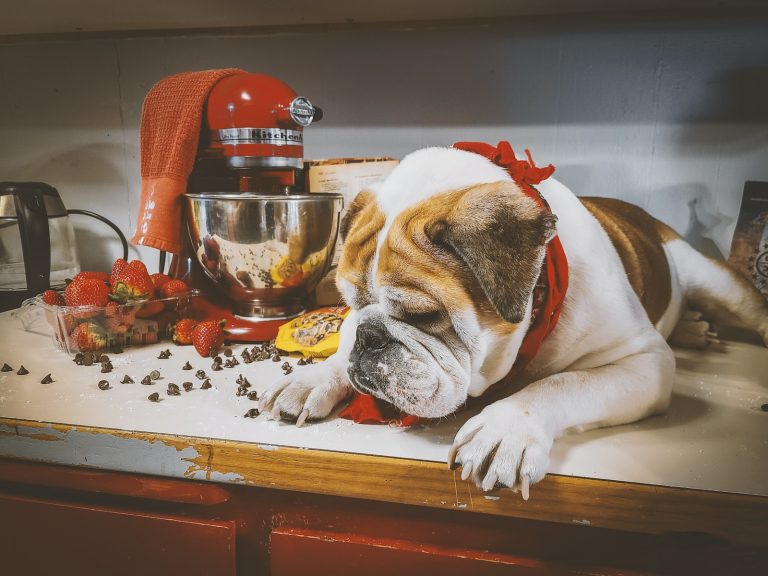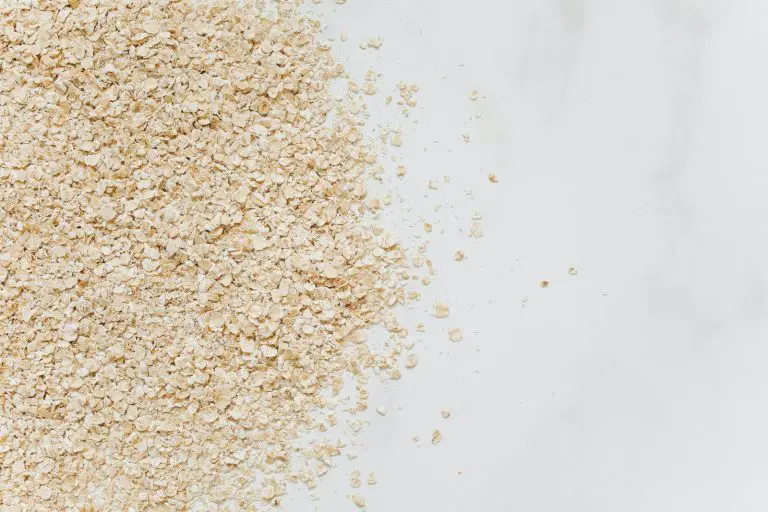There is one experience that all dog lovers have in common with one another. A single past time which all dog lovers, especially those with dogs, cats, or other ‘larger’ house dogs have likely done many times. This past time is sharing your food with your dog. Some of us do it while we eat at the dinner table, some of us do so while resting comfortably in bed or on our sofas. I think I speak for many dog lovers when I say this is one of many bonding moments that we can all enjoy with our dogs. But sometimes, it is one that we enjoy at the expense of our dogs. It is at those times that we should, we need to, stop!
Just like we, as humans, should not eat everything our dogs do, it is no secret that they also cannot eat everything that we can. But at times it can be hard to keep track of the dos and do not’s of feeding our furry little friends. In many countries of the world today we have the privilege of enjoying a very large and diverse bounty of different foods from many different cultures, countries, and regions around the world. Those of us who enjoy the many delectable dishes and treats from the country of India should be especially careful with what we feed to our dogs from our dinner table. Some of those tasty and delectable Indian foods, which our pets love so much, could do them serious bodily harm upon consumption.
A prime example of this is chapati! Chapati, for those of you who have not (yet) come across this tempting dish, is essentially a type of flatbread that is made without yeast or any other leavening agents. It is a very well-known, easily accessible, and commonly enjoyed food in India, Bangladesh, Sri Lanka, Nepal, and a small handful of other nearby nations. This flatbread tastes great with almost any sauce, soup, meat, or topping and is commonly used as a sort of edible utensil in the aforementioned countries. As you can guess, this flatbread poses no harm to humans at all. In fact, it is soft, delicious, and, in my experience, makes a great addition to almost any meal that I happen to be eating. But this is not so for dogs.
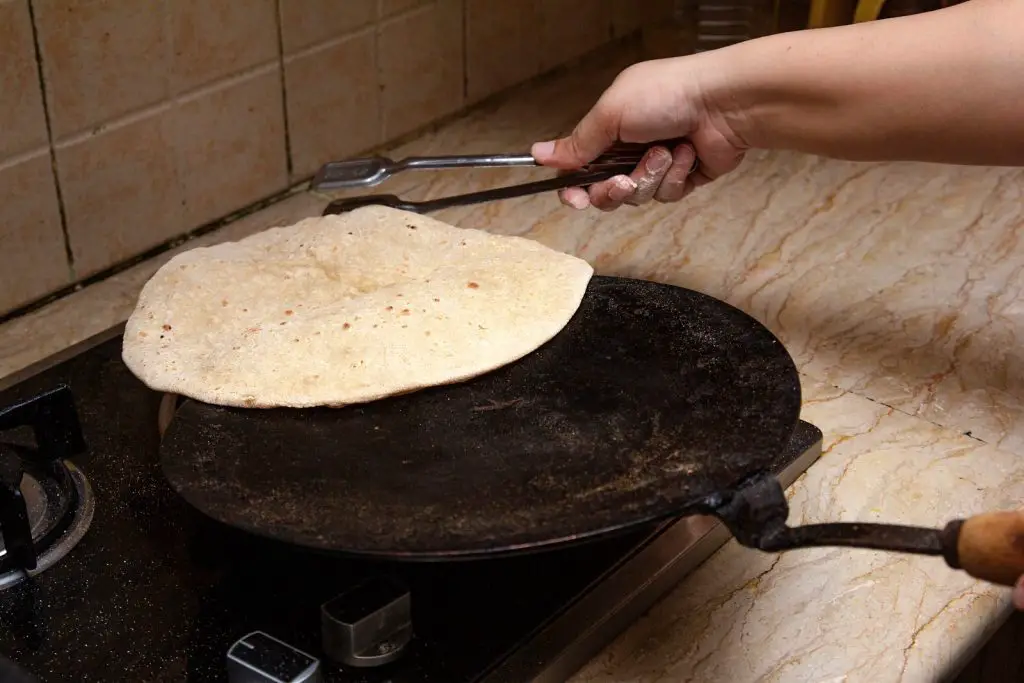
For dogs, chapati contains one particular ingredient that can result in short-term problems for your dog and even long-term disaster for his or her health. This ingredient is wheat. That’s right; this one, main, ingredient makes the entire chapati have a level of high potential danger to your dog. Of course, it doesn’t stop at chapati. Any dish which includes wheat as one of its main or secondary ingredients can spell disaster for the health of your dog. Muffins, cakes, bagels, doughnuts, gravy, cheese sauce, even certain types of cheese fondue can all cause very serious harm to your four-legged companions due to the wheat that they contain. The biggest problem with the health issues that eating wheat can bring about for your dog is that they are all relatively hidden. –And stay that way until it’s nearly too late to do anything about it. Anything about it, that is, which does not include full-fledged surgery or another expensive course of action.
If you have been eating chapati with your little, loved one, the best thing to do is to stop immediately! Reserve the chapati for yourself. You will also want to take your pet on a trip to your local veterinarian as soon as possible to get him, or she checked out for the health problem(s) listed below. There are very scientific reasons as to why wheat, contained in a chapati and other wheat-based dishes, is harmful to your dogs. You will be able to keep your dog safe from a variety of potentially harmful foods by simply having a cursory knowledge of these scientific reasons. All of these reasons stem from the presence of gluten in wheat. You read that correctly; it is a component of an ingredient of chapati that makes the entire thing completely and entirely unfit for consumption by our canine pals.
Gluten is simply a form of ‘protein complex’ that comprises a major percentage of the protein in wheat bread such as chapati. Here you may either be thinking “Dogs can be harmed by protein?” or maybe the first thought that came to your mind is “Ok simple, no more wheat bread!” But as I’ll expound on later, yes, dogs can certainly be harmed by protein. For now, I will address the latter of the two statements; making a choice to no longer feed your happy tail-wagger chapati, or other wheat bread, is certainly a step in the right direction.
But it’s not as simple as simply avoiding wheat bread. The reason for this is that the protein complex is known as ‘gluten’ comes in different forms from a variety of sources. Gluten can come from wheat, oats, barley, rye, or even different and related hybrids such as spelled, emmer, Kamut, and more. Gluten can even come from further refined products of these such as malt. You can probably see the growing list of foods on your furry buddy’s ‘Do Not Eat’ list. Because gluten can come from so many sources, such a list would be a large one. No matter where it comes from, gluten is bad for your dogs.
But why is gluten bad for dogs? If our dogs can eat protein when we feed beef or chicken to them, what’s wrong with the protein found in chapati? The simple answer is that gluten is a complex protein that is harder to break down in the digestive tract than certain other forms of protein. Particularly, it is a protein that dogs are unable to break down in their digestive track. Their bodies cannot utilize it! But having a digestive system full of complex compounds it can’t use is just the start of the problem. Continued consumption of gluten can eventually cause your dog to develop gallstones. Gallstones themselves can lead a host of even further negative side-effects. It can also be very hard to remove them without surgery. A large price to pay for your furry friend’s short-term enjoyment of chapati.
If you had, before reading this article, made somewhat of a habit of feeding your dog foods containing gluten, your next step should be taking your dog to get a checkup for gallstones. Our little friends can’t verbalize in plain English when something is going wrong with them. It’s up to us to be aware and do what’s best for them. This includes keeping the chapati out of reach, even though they may enjoy the taste just as much as we do! Read more about dogs eating oranges



